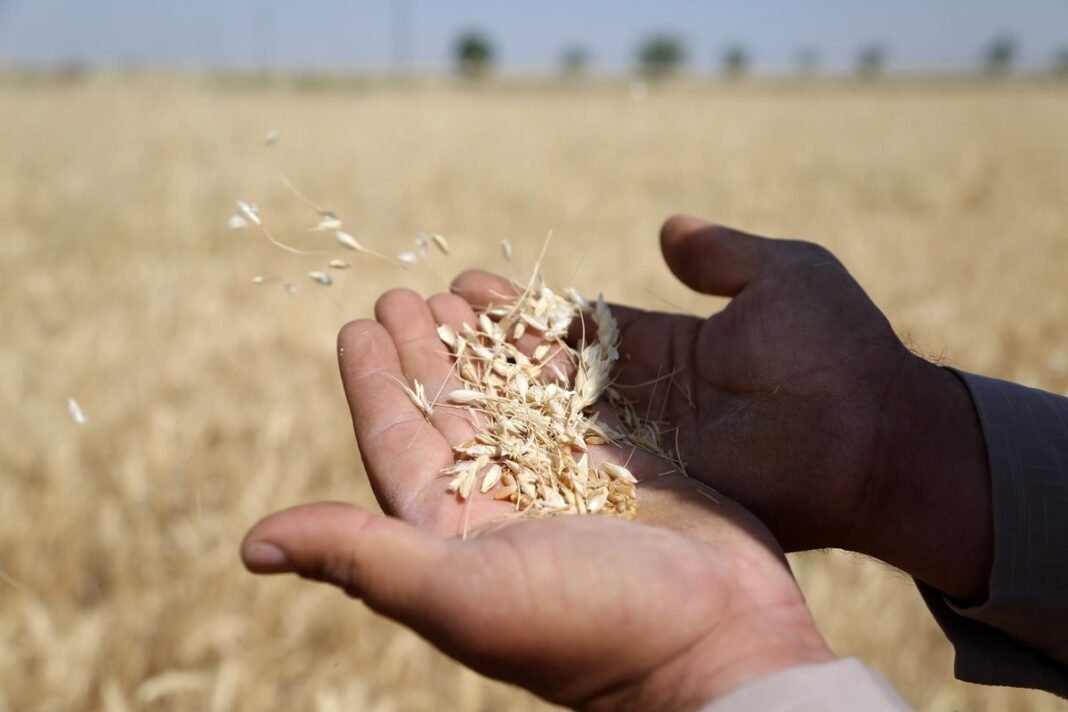Iraq launched a major step toward food security with the start of its first national gene bank in Sulaymaniyah. The new gene bank, located in Hawari Shar Park, aims to protect Iraq’s rich agricultural heritage. Leaders from both the federal and regional governments joined the event.
This food security project received funding from the European Union. The Food and Agriculture Organization (FAO) leads implementation efforts. Deputy Prime Minister Qubad Talabani praised the gene bank, calling it a long-term investment for Iraq’s future. He said it protects history and strengthens national resilience.
Minister of Agriculture Begard Talabani described it as a “strategic milestone” for food security. She stressed the need to preserve plant diversity. With more than 3,500 plant species native to Iraq, the gene bank will collect rare seeds and wild crop types. These include grains, vegetables, and other plants with unique traits.
Importantly, Iraq food security the facility will focus on crops that resist drought and heat. This step will help Iraq adapt to climate change challenges. Moreover, FAO representative Salah El Hajj Hassan thanked the EU for funding. He explained that this project aligns with key global goals.
Specifically, it supports the “Zero Hunger” and “Climate Action” goals of the United Nations. The gene bank will contain seed vaults, labs, and units to record plant data. It will also store samples for future study.
Later, the project will expand to include a cryobank, a tissue culture lab, and a field gene bank. These upgrades will help long-term storage. Iraq’s agricultural sector faces climate pressure, making food security a top concern. This new bank offers a science-based response.
At the event, leaders from Sulaymaniyah’s government, local universities, and farming groups joined together. All agreed that action is needed now. In fact, this facility will not only store seeds but also train scientists and support research. It will connect local efforts with global knowledge.
Furthermore, this marks the first project of its kind in Iraq. It blends tradition with technology to improve farming nationwide. As a result, the country gains a critical tool for sustainable agriculture and national food security.


